

HEALTH
Experts Warn: Trump’s Pressure to Raise UK Drug Prices Could Cost NHS Billions!
Published
2 weeks agoon
By
OBS
Pressure from Donald Trump to hike UK drug prices could wipe billions from the NHS budget, causing suffering to the “vast majority of NHS patients”, experts have warned.
Health think tank, the Nuffield Trust, urged the government not to give in to the demands of pharmaceutical companies to raise prices, warning that the threshold for spending on new drugs is already too high.
It says a new deal will only trigger further increased price demands and make healthcare in the UK more expensive.
The warning comes as Sir Keir Starmer looks set to bow to President Trump’s demands to pay pharmaceutical companies more money, including increasing the threshold the National Institute of Clinical Excellence (Nice) sets for spending on new drugs by 25 per cent.
The move is believed to be an attempt by the government to avoid a wave of new US tariffs over what President Trump believes to be anti-competitive practices by the UK.
However, in a report shared exclusively with The Independent, the Nuffield Trust warned that the current Nice threshold is already too high in terms of delivering value for money, as it does not take into account the cheaper benefits to the population of spending more money on GP access, A&E and surgeries.
“Pharmaceutical company shareholders will benefit, but the vast majority of NHS patients would suffer, if this comes at the expense of improving wider NHS care,” Sally Gainsbury, senior policy analyst for the Nuffield Trust, said.
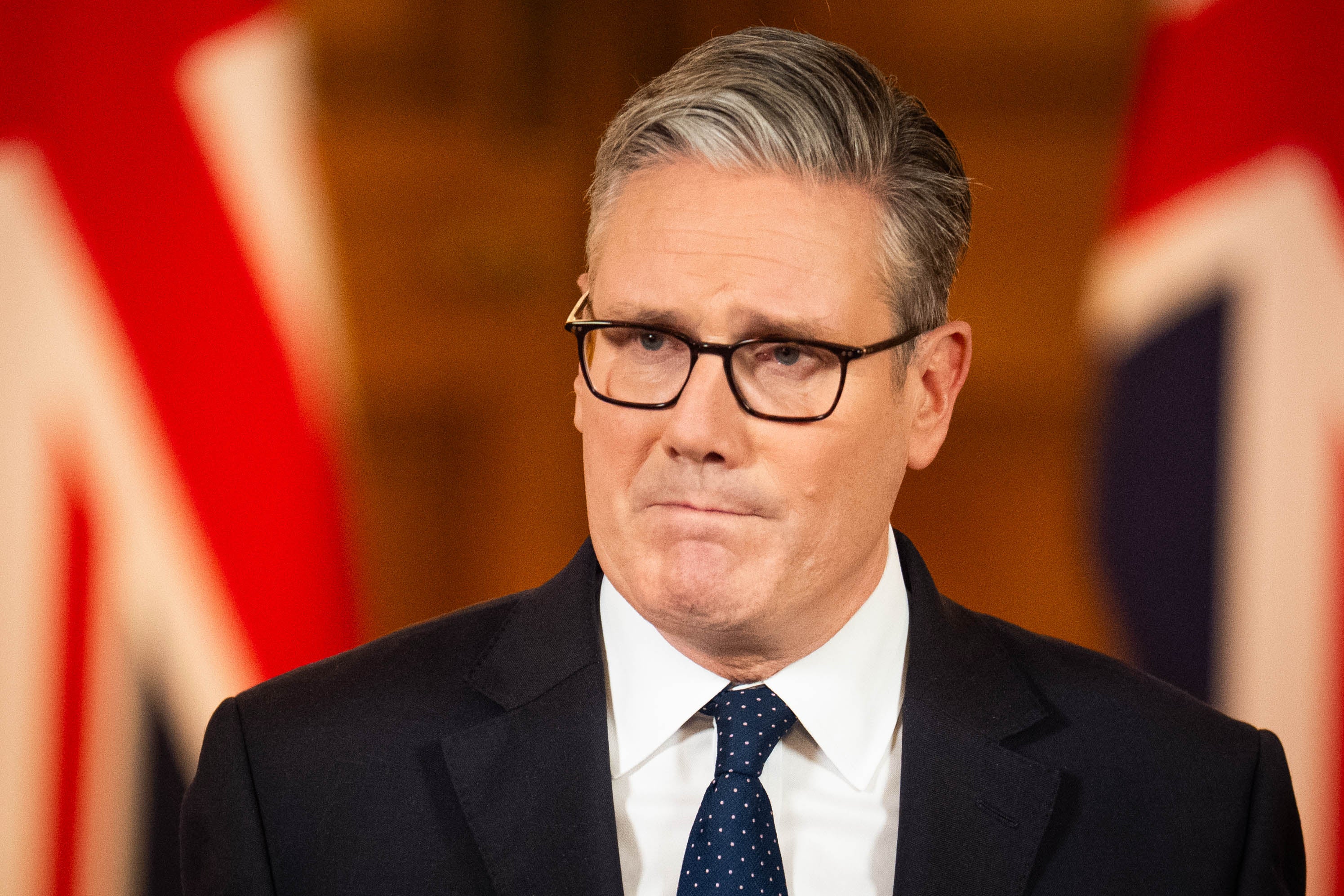
“Even if the NHS budget is topped up to fund a higher spend on new drugs, an increase in the Nice threshold will mean a larger share of the NHS’s total funding will be diverted to new drugs that bring a lower level of health benefit to the population as a whole than had the extra funding been spent on extending or shoring up existing services and treatments, such as GP appointments and elective surgery,” she added.
Dr Layla McCay, director of policy at the NHS Confederation, said her organisation would be “very concerned” if trusts had to absorb higher drug costs within their existing budgets. “NHS leaders are already doing everything possible to reduce the NHS’s deficit whilst protecting quality care, so any uplift in medicines prices would need to be fully funded by the Treasury to avoid the risk of it impacting financial or operational performance.”
The government has also previously rejected pharmaceutical company requests to increase the Voluntary Scheme for Branded Medicines Pricing, Access and Growth (VPAG), which ensures a cap on price hikes for NHS medicines, by £2.5bn, which would be half the real terms increase to the NHS’s budget next year, according to the Nuffield Trust.
The think tank said that while the government has placed the life sciences industry at the heart of its economic growth plans, a suggested change in the drug pricing system would offer little guarantee that the government would get the return on its investment.
The think tank also challenged pharmaceutical company threats to pause or scrap planned investments in the UK, if the NHS does not increase the prices it pays for new drugs.
It said there is no evidence showing that the prices countries pay for new medicines, or the speed at which new drugs are adopted, influence investment decisions by pharmaceutical manufacturers and developers.
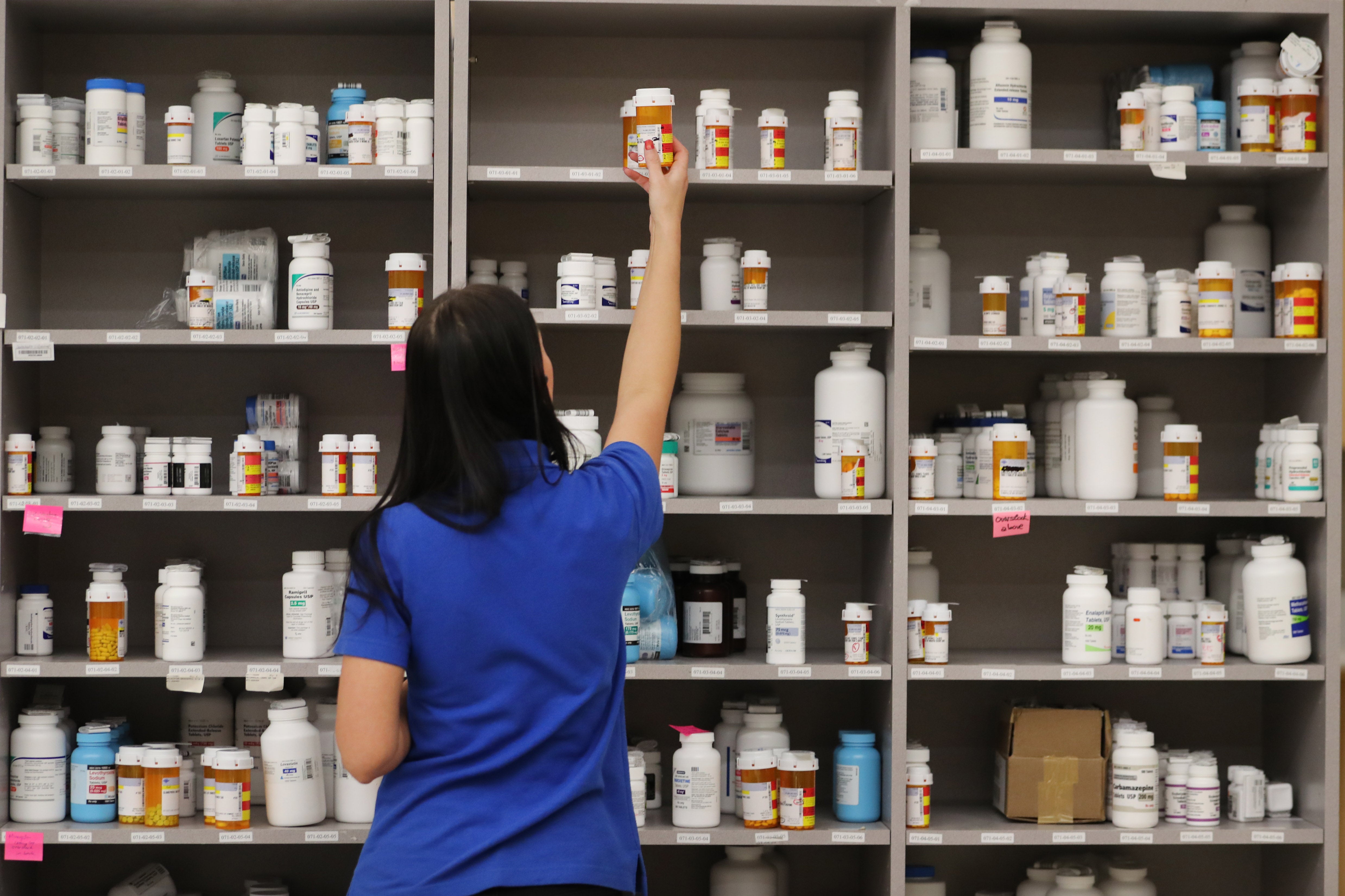
They added that at a time when many within the US science and health research community see their work as under threat through cuts to government funding and the promotion of anti-scientific research, “the UK government would do well not to underestimate the comparative advantage already offered to health science in the UK”.
“The government should stand firm against pressure to weaken those controls, which protect value for both patients and the taxpayer,” it said.
Under the current rules, the Nice threshold measures whether a treatment offers good value for money. This means that if a drug costs the NHS between £20,000 and £30,000 for every extra year of good-quality life for a patient, it is considered good value.
However, reports on Wednesday suggested this range will increase by 25 per cent from £25,000 to £30,000.
According to the Nuffield Trust and London School of Economics (LSE) analysis, the current method used by Nice to decide if a new drug is cost-effective does not account for the costs of GP care, A&E visits or surgical procedures.
Dr Huseyin Naci, associate professor of health policy at the London School of Economics, who co-authored the report: “If the aim is to get as much health benefit out of the NHS’s finite budget as possible, then the figure currently paid is already too high, as the NHS can generate more health benefits for the same cost by extending existing services.”
The second way the UK controls spending is through an overall price cap on the NHS’s spending for new branded medicines, called the VPAG.
Under this agreement, if a pharmaceutical company raises prices beyond the current agreed increase cap of 3.75 per cent, they must pay the difference back to the Department for Health and Social Care (DHSC) to protect the NHS from price hikes.
While the government has already rejected demands for it to increase by £2.5bn, the Nuffield Trust said that for any new price deal to be beneficial to the pharmaceutical industry, the VPAG would also have to increase, to avoid firms simply paying back any increases over the current cap.
The DHSC and the Association of the British Pharmaceutical Industry were approached for comment.
You may like
-


Could Trump’s Meds Be Slowing Him Down? Expert Warns They Might Not Be Helping!
-


Thousands of Civil Servant Passwords Exposed: Experts Warn of Major Security Threat!
-
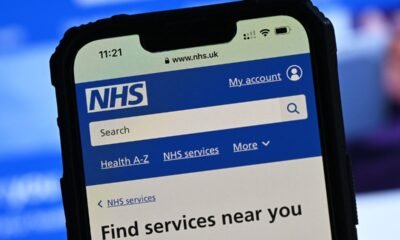

Study Reveals Mounjaro and Ozempic Demand Causing NHS Waiting List Delays!
-


Trump’s Middle East Peace Dream Crumbles Just 24 Hours In!
-


Eric Trump’s Shocking Claim About His Dad ‘Saving God’ Sparks Outrage!
-


Facebook Bows to Trump’s DOJ: New Move Against Anti-ICE Group Sparks Controversy
HEALTH
Can’t Tell If It’s Covid or the Flu? Here Are the Key Symptoms You Must Recognize as Cases Surge!
Published
1 week agoon
October 16, 2025By
OBS
Health officials are warning of a seasonal surge in flu and Covid-19, with cases already starting to rise as autumn arrives.
But because the two viruses share many symptoms, it’s difficult to tell them apart.
When a sniffle seems to progress further than “just a cold”, it’s hard to know what it might be – but there are differences in how the viruses appear and the risks they pose.
Do I have Covid?
Covid-19 continues to cause serious illness, particularly among vulnerable groups. The virus is constantly evolving, with new variants spreading easily through coughs, sneezes or even conversation.
Vaccination campaigns each autumn continue to try to prevent hospitalisations and deaths.
The list of symptoms has shifted since 2020. Many people now experience cold-like symptoms, such as a runny nose, sore throat or blocked sinuses. But others still report fever or chills, a persistent cough, fatigue, headaches, shortness of breath, or a loss of taste and smell. Nausea and diarrhoea can also occur.
Doctors say a hoarse throat has become one of the hallmark features of the latest variants.
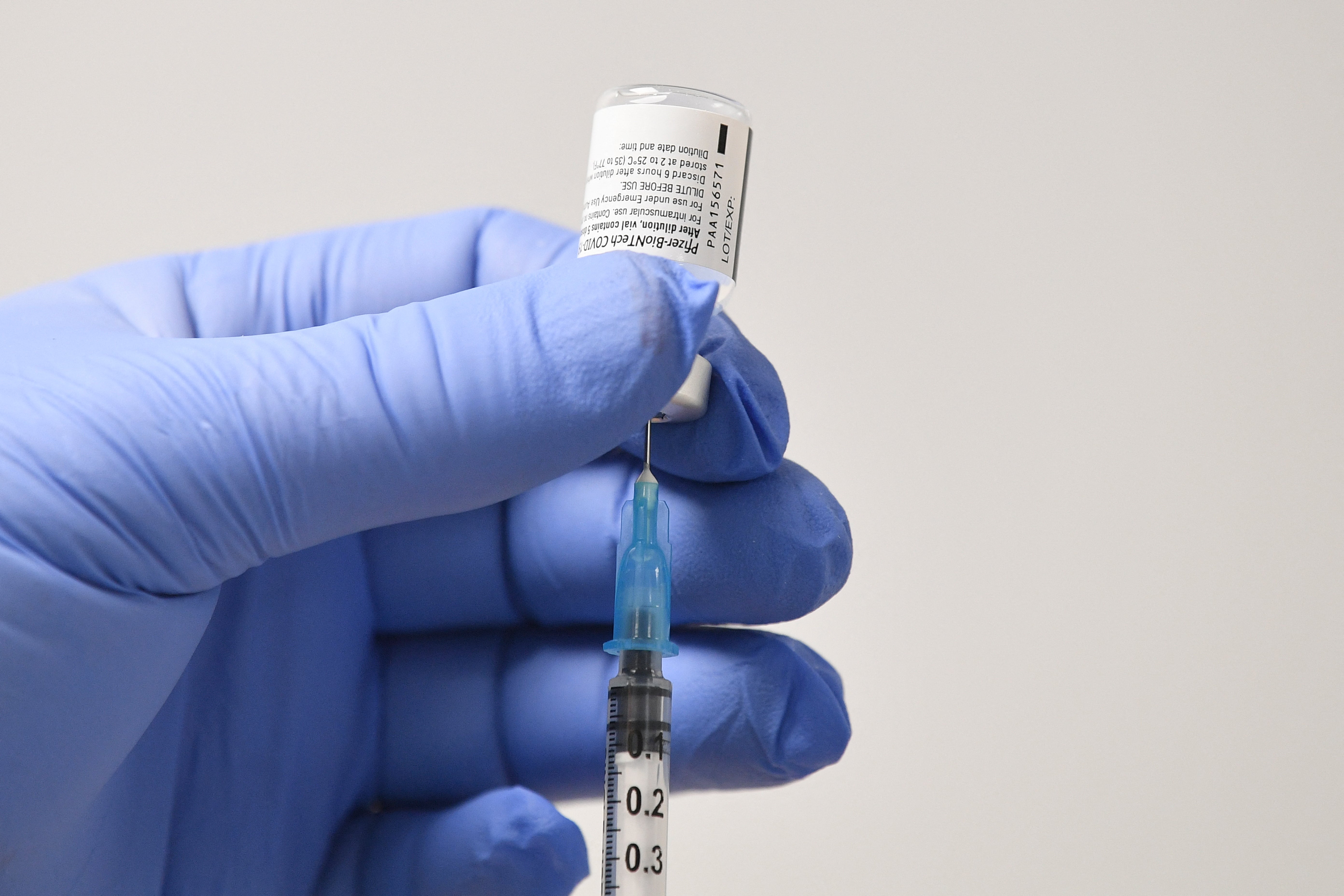
The latest strain, called Stratus, has two variants, XFG and XFG.3. Another recent strain, NB.1.8.1 nicknamed Nimbus, is also prevalent.
“Stratus is linked to hoarseness and fatigue, whereas Nimbus is associated with a ‘razor-blade’ sore throat and digestive symptoms like nausea and bloating,” explains Dr Bruno Silvester Lopes, lecturer in microbiology at Teesside University. “Both are highly transmissible but not more severe than previous variants.”
Despite accounting for a large proportion of new cases, experts are not concerned about the spread, noting it is normal for viruses to mutate and change.
Those aged 65 and over, care home residents, and people with underlying health problems are all entitled to the Covid-19 booster.
Do I have the flu?
Flu is a respiratory infection that strikes hardest in winter and can be far more debilitating than the common cold. While colds typically bring a runny nose, sneezing, watery eyes and mild throat irritation, flu tends to arrive suddenly with fever, aches and exhaustion.
Last winter alone, the flu sent more than 8,000 people to hospital. Over the past two years, at least 18,000 deaths in the UK have been linked to the virus. Children, older adults, people with long-term health problems and those with weakened immune systems face the highest risks.
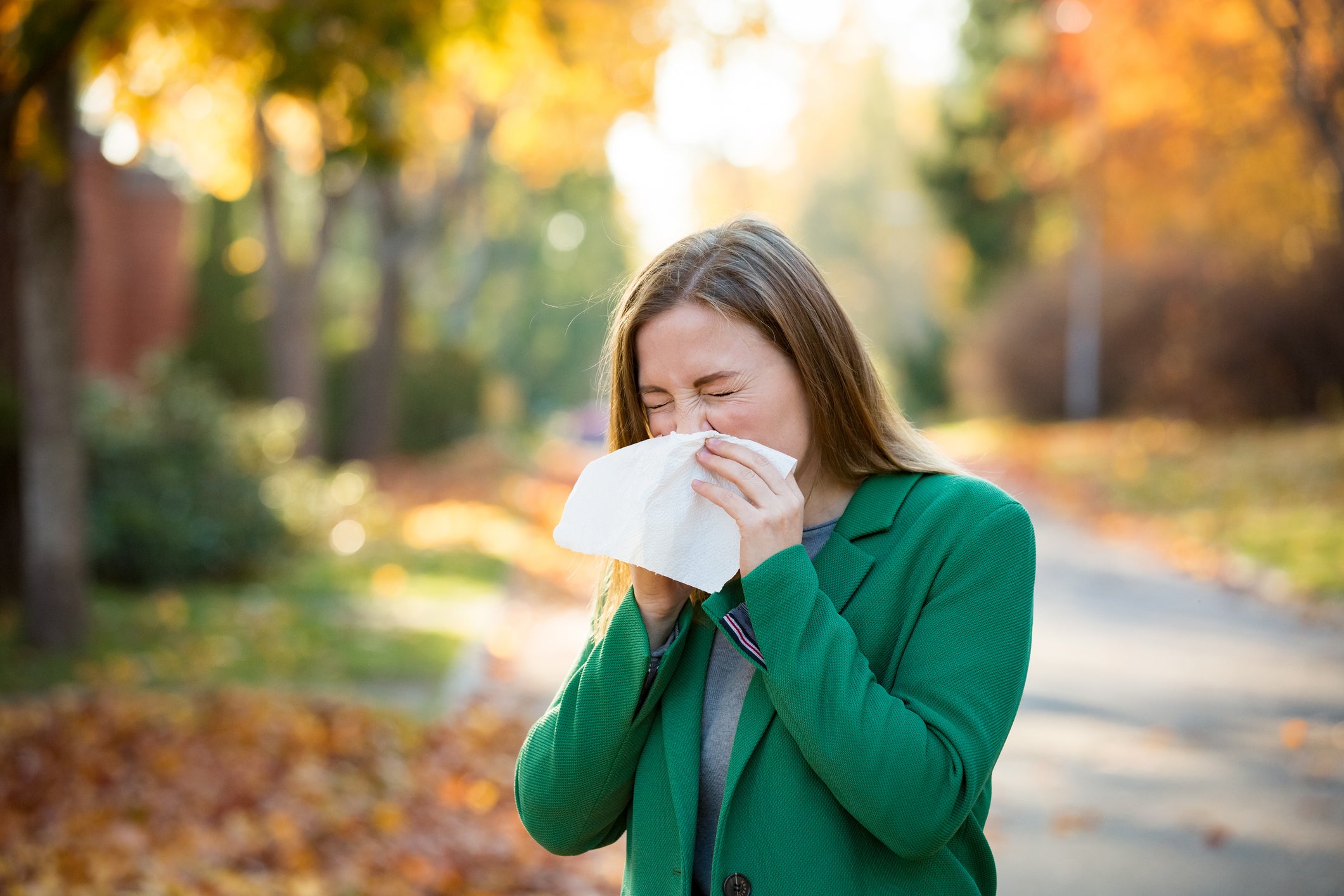
Vaccination remains the strongest defence. Research shows that last year’s jab prevented thousands of severe cases, cutting hospital admissions by almost a third among over-65s and by more than half among children aged two to 17.
This autumn, the flu vaccine is being offered free to those over 75, pregnant women, children aged 2 and 3 through their GP, and schoolchildren from reception to year 11 via nasal spray. Adults under 65 with certain health conditions are also eligible.
How to tell difference between Covid and a cold
Colds and Covid can be tricky to distinguish as many of their symptoms overlap.
“Both can give you a sore throat, runny or stuffy nose, sneezing, and coughing,” says Dr Chun Tang, a GP at Pall Mall Medical. “However, Covid can also cause fever, fatigue, muscle aches, and that telltale loss of taste or smell – although that’s less common with newer variants.
“Covid is also more likely to make you feel wiped out, like you’ve been hit by a truck, whereas a cold tends to stay in your head and chest.”
“Both spread mainly through droplets when someone coughs, sneezes, or even talks near you,” says Tang. “Covid, however, can also spread more easily through the air in tiny particles that linger, especially in crowded or poorly ventilated spaces.
“So, while a cold might need a bit of close contact to catch, Covid can sometimes sneak across the room if you’re unlucky.”
Are cases climbing now?
According to the UK Health Security Agency, levels of flu and Covid-19 are already on the rise running into winter, joining other seasonal bugs such as RSV and norovirus.
UKHSA reported an increase in the number of reported Covid diagnoses in its 9 October report, with the most prevalent strain noted as Stratus XFG. Flu activity was also increasing among young adults with a surge in emergency department attendances for flu-like illnesses.
Experts say the risk is highest during the colder months when viruses spread more easily indoors.
Officials are urging everyone eligible to take up their vaccines to reduce the strain on hospitals and protect the most vulnerable. Both flu and Covid-19 can be serious, but prevention and early awareness remain the best tools against them.
HEALTH
Shocking Recall: Grocery Store Taco Kits Contain Hot Chocolate Packets!
Published
1 week agoon
October 16, 2025By
OBS
The Giant Company is recalling its Giant and Martin’s-branded hard taco dinner kits after hot chocolate sachets were discovered inside the packages.
The mix-up, announced October 10, could pose a risk to consumers with milk allergies.
The recall affects the 9.4-ounce Giant/Martin’s Hard Taco Dinner Kit (UPC 068826757516) all lot and codes, with a best-by date of March 13, 2026.
Consumers with a milk allergy should not eat the kits. Anyone who purchased the affected product can return it to a nearby store with a receipt to receive a refund.
Milk allergy is a common food allergy in children, caused by cow’s milk or milk from other mammals, according to Mayo Clinic.
.jpg)
Reactions can occur soon after consumption and range from mild symptoms like hives, vomiting, and digestive issues to severe, life-threatening anaphylaxis.
The main treatment is avoiding milk and milk products. Most children outgrow the allergy, while others may need to avoid milk long-term.
Meanwhile, Sno Pac Foods, a Minnesota-based company, has issued a nationwide recall of its frozen spinach products due to potential contamination with Listeria monocytogenes, a bacterium that can cause serious infections.
The recall affects two products: Del Mar 35-pound Bulk Organic Frozen Spinach and Sno Pac 10-ounce Organic Frozen Cut Spinach. These products were distributed across various retail stores in the U.S. The recall was prompted after a bulk case of spinach from a supplier tested positive for the bacterium.
This same lot was used to repack the Sno Pac Organic Frozen Cut Spinach into 10-ounce bags. As a precaution, Sno Pac Foods has suspended production of these products while investigating the source of the contamination.
No illnesses have been reported in connection with the recalled products. However, Listeria monocytogenes poses a significant health risk, particularly to young children, the elderly, pregnant women, and individuals with weakened immune systems.
In healthy individuals, infection may cause short-term symptoms such as high fever, severe headache, stiffness, nausea, abdominal pain, and diarrhea. Pregnant women are especially vulnerable, as infection can lead to miscarriage or stillbirth.
HEALTH
Could Trump’s Meds Be Slowing Him Down? Expert Warns They Might Not Be Helping!
Published
1 week agoon
October 16, 2025By
OBS
An adviser to Health Secretary Robert F. Kennedy Jr. warned Wednesday that President Donald Trump may appear to be “slowing down” because of the medication he takes, as questions continue over the president’s mental and physical health.
In a speech to the European Parliament, Dr. Aseem Malhotra, a British cardiologist who advised the lobby group Make America Healthy Again, said that Trump, 79, may be suffering from fatigue due to his use of cholesterol medications, or statins, and aspirin.
“President Trump is taking statins; he’s on two cholesterol drugs… This man does not have any cardiovascular disease,” Malhotra said during a launch event for a new European health activism organization, Make Europe Healthy Again (MEHA).
“If you’re over 75 and have no cardiovascular disease, the benefit of statin is – are you ready? One in 446. You have to give the statin to 446 people to prevent one cardiovascular event,” he said. “In other words, no significant benefit.”
Malhotra, a vaccine skeptic whose anti-COVID shot and anti-statin views have been rebuked as misinformation by medical experts, has been a close ally to Kennedy.
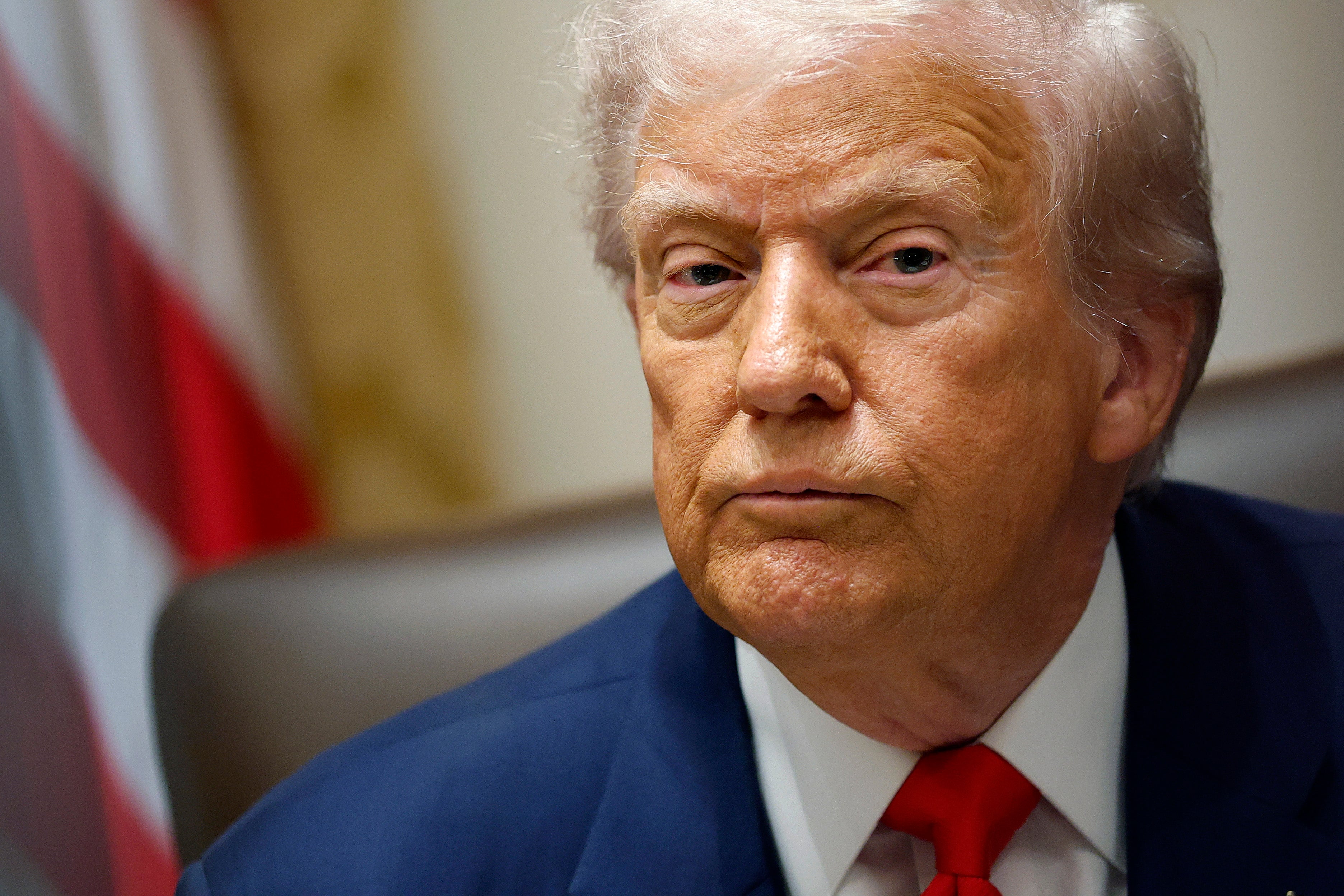
His comments come amid claims that the president may be showing signs of “cognitive decline,” due to mixing up names and other gaffes. Despite the speculation, the White House said last week that Trump was in “excellent overall health” following a “routine check-up” at Walter Reed Medical Center.
In addition to concerns about his mental acuity, Trump’s physical health has also come under question. The president has often been photographed with bruising on his right hand, raising concerns that he is suffering from some illness. The White House insists that this is a result of him shaking hands with a large number of people and his use of aspirin, which he takes as a cardiovascular protection.
White House officials revealed earlier this year that he had been diagnosed with chronic venous insufficiency, a non-life-threatening condition caused by the veins struggling to return blood to the heart. The condition is common for people over the age of 70.
During his remarks, Malhotra noted that cholesterol medication often comes with side effects, saying: “The most common ones are fatigue, muscle pain. It can cause brain fog.”
He added: “Now, I know that President Trump is a remarkable man for his age, but there have been reports – probably exaggerated by some sort of devious press for sure. But I know people who are close to him… and of course he is doing a tremendous job and maybe only sleeping four hours a night, and that may be part of it too, but it could also be that he’s slowing down a little bit because of his statins,” he continued.
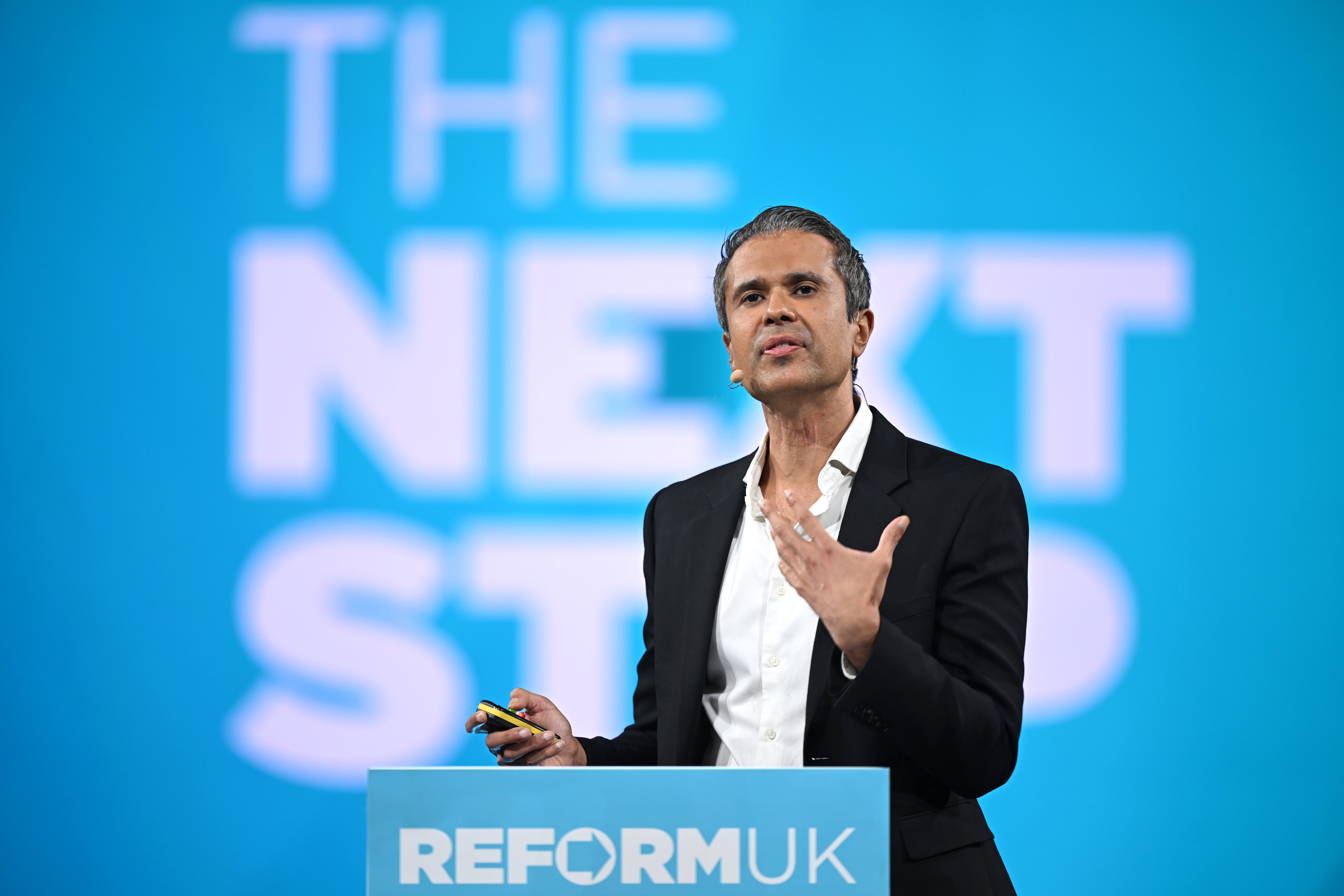
Malhotra then suggested that Trump go “off his statins, off his aspirin” and would be “feeling great” within a matter of weeks.
He was apparently so concerned about Trump taking the medications that he has reached out to several people close to the president to try and warn him against it, The Daily Beast reported Tuesday ahead of Malhotra’s public remarks.
In a statement to The Independent, the White House said: “President Trump is a champion-level golfer with the mental acuity and energy levels that most young people could not fathom having.”
“So-called medical ‘experts’, especially foreign ones with no relevance or involvement with the Administration, should stop beclowning themselves and marring their credibility by pitching their idiotic hot takes with Fake News outlets that have nothing better to cover,” White House spokesman Kush Desai said.

Along with Trump’s most recent gleaming health report, White House officials noted the president received a flu shot and an updated COVID-19 booster, which Malhotra called unnecessary.
“I think President Trump, I think he genuinely took the [COVID-19] booster, I don’t think that this is a front. I think he believes in what’s happening. He himself is also a victim of medical misinformation,” Malhotra said.
However, recent research shows that COVID shots protect against serious illness and death, especially for people over the age of 65. Researchers from the VA St. Louis Healthcare System looked at data from nearly 300,000 veterans and found that last season’s Covid vaccine reduced the risk of emergency room visits by 29 percent, hospitalizations by 39 percent and deaths by 64 percent for all ages, NBC News reports.
Combining all three outcomes, the shots’ overall effectiveness was 28 percent, making it similar to the flu shot, which ranges from 30 to 60 percent protective against severe illness or death.
An April health report also noted that Trump, who was the oldest person to ever take office in January at 78, was in “excellent” health.
The report also noted that Trump had high cholesterol that was being treated with the statin rosuvastatin and ezetimibe, a medication used to absorb cholesterol. He was also taking a low-dose aspirin as part of the treatment, his doctors said at the time.
While there is no evidence that statins alone cause dementia, the FDA added a safety warning to the medications in 2012 to warn of “notable, but ill-defined memory loss or impairment that was reversible upon discontinuation of statin therapy.”
Last month, Malhotra made headlines after suggesting – without evidence – that King Charles III may have gotten cancer because of the COVID-19 vaccine.
Categories
Top Tags
Related posts






















